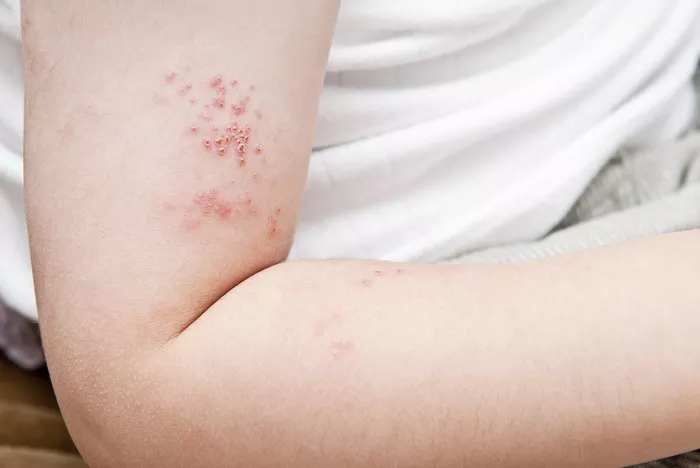A recent study has revealed that intensive topical treatment not only alleviates the itching sensation experienced by patients with psoriasis or atopic dermatitis but also enhances the quality of their sleep.
Conducted by a team led by Caroline Mann, MD, from the Department of Dermatology at University Medical Center of the Johannes Gutenberg University in Germany, the study observed significant improvements in deep sleep and REM sleep patterns after just two weeks of intensive topical therapy. This improvement was particularly notable among patients with atopic dermatitis.
Skin conditions like psoriasis and atopic dermatitis are frequently associated with sleep disturbances, as skin irritation can disrupt both the onset and maintenance of sleep. However, there has been a dearth of evidence regarding the impact of therapy on sleep quality for these patients.
The study aimed to investigate the sleep patterns of individuals with psoriasis and atopic dermatitis and assess whether therapy could lead to improvements. The treatment regimen consisted of basic care along with anti-inflammatory topical agents, such as class II–III steroids, administered daily for a duration of two weeks. Before and after the therapy, disease activity, itch severity, sleep quality, and polysomnography were assessed.
A total of 25 participants were recruited from the Department of Dermatology at University Medical Center in Mainz, Germany, with a mean age of 49 years. Among them, 14 had psoriasis, while 11 females and 15 males had atopic dermatitis. Intensive topical treatment was chosen to minimize potential systemic effects.
Following two weeks of therapy, there was a significant reduction in disease activity scores, as measured by the Eczema Area and Severity Index (EASI) and the Psoriasis Area and Severity Index (PASI). Notably, the intensity of pruritus significantly improved, leading to enhanced deep sleep.
Furthermore, the study found a significant decrease in insomnia severity and daytime sleepiness, with notable improvements in both deep sleep and REM sleep. The Apnea-Hypopnea Index (AHI) also exhibited a reduction in a subset of patients, regardless of individual BMI.
For patients with both atopic dermatitis and psoriasis, deep sleep and REM sleep percentages showed significant improvement following topical therapy. However, the decrease in AHI scores was not statistically significant for all patients.
While improvements were observed in sleep efficacy and sleep onset latency scores, these changes did not reach statistical significance.
The study, while promising, is not without limitations, including the lack of age and gender matching among participants, variations in disease activity stages, and a relatively small sample size.
In conclusion, the findings underscore the significant impact of itch on sleep quality among psoriasis patients and suggest that therapeutic interventions with topical agents can lead to rapid improvements. Additionally, reducing skin inflammation appears to play a crucial role in enhancing sleep quality, as demonstrated in this pilot study.


























